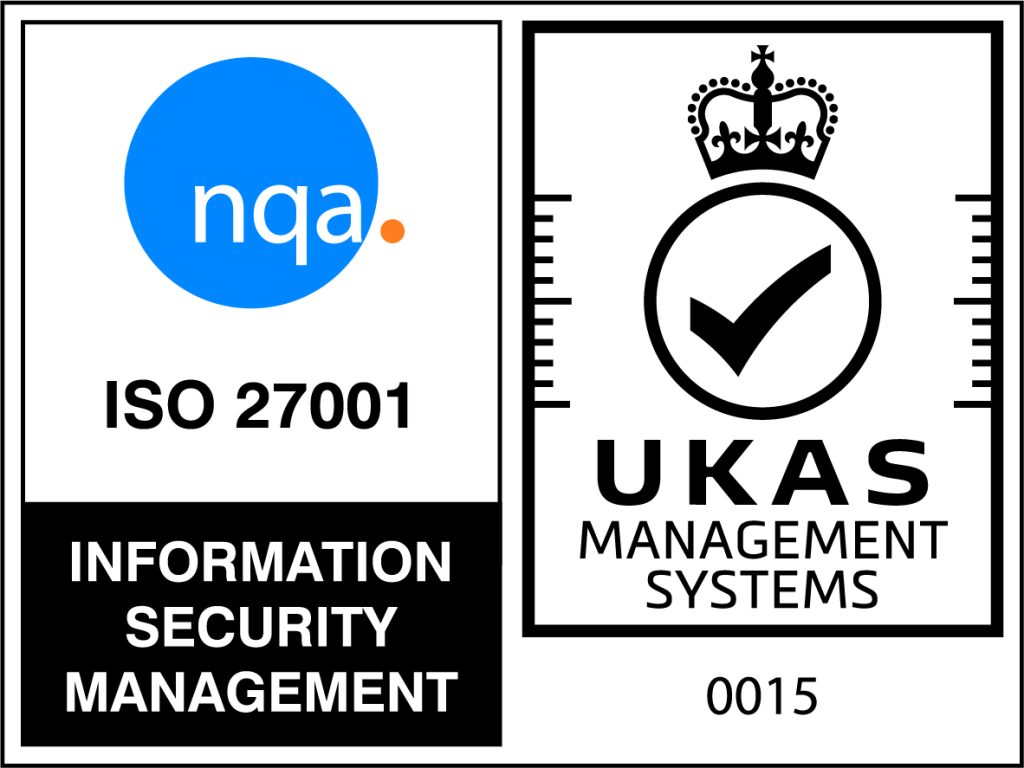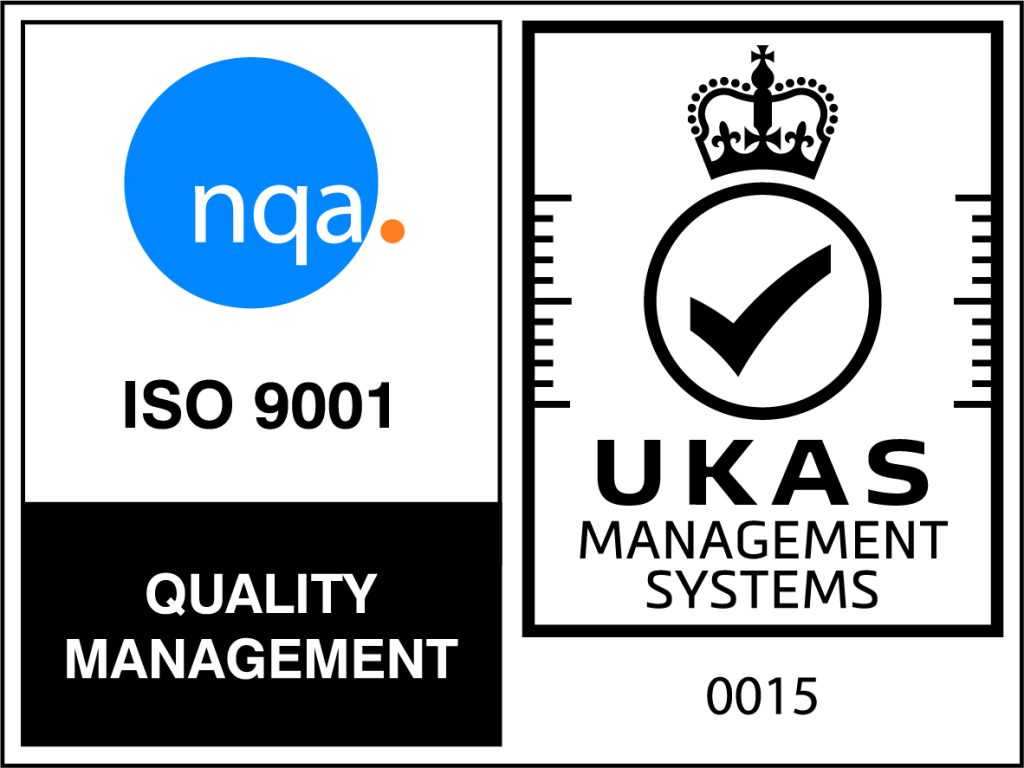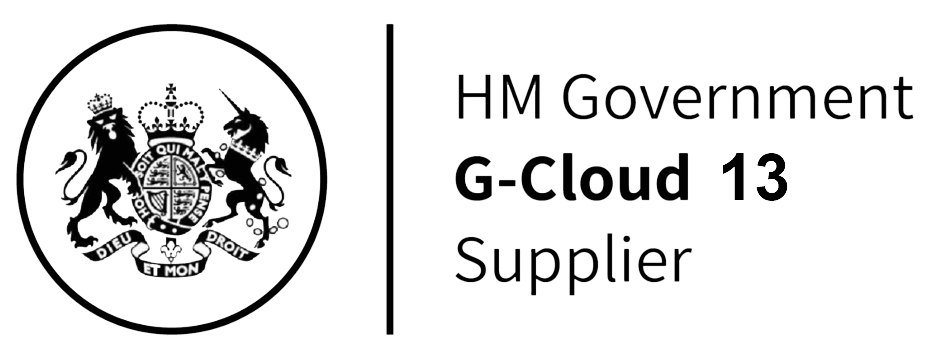


BENEFITS TO
HOUSING
ASSOCIATION
CLIENT
The adoption of a case management system can bring several benefits to tenants and housing associations.
Firstly, the system allows tenants to raise issues and track their progress easily. Tenants can use the self-serve portal to report issues such as damp and mould, which can be complex to track using manual processes. The system allows tenants to monitor the status of their case, receive updates, and provide feedback. This helps to improve communication between tenants and the organisation, making it easier to resolve issues in a timely and efficient manner.
Secondly, a case management system can help housing associations to provide better support to vulnerable tenants. For example, the system can be used to manage cases related to support planning and care. Housing associations can use the system to track the needs of vulnerable tenants, assign support workers and monitor the progress of support plans. This helps to ensure that vulnerable tenants receive the support they need to maintain their tenancies and improve their quality of life.
Case management systems also bring benefits to our clients employees. Firstly, the system helps to automate routine tasks, freeing up time for employees to focus on more complex cases. For example, the system can be used to automate processes related to repairs booking, arrears management and payments. This reduces the administrative burden on employees and allows them to spend more time engaging with tenants and resolving complex issues. Secondly, a case management system helps to improve time management for employees. The system allows employees to manage their workload more efficiently, prioritise tasks and monitor progress. This reduces the risk of employees becoming overwhelmed with work and helps to ensure that cases are resolved in a timely manner.
The adoption of a case management system can bring several benefits to the organisation as a whole. Firstly, the system helps to improve customer satisfaction. According to research, organisations that have adopted case management systems have seen an increase in customer satisfaction of up to 35%. This is due to the improved communication and transparency provided by the system, as well as the more efficient resolution of cases. Secondly, the system helps to reduce the risk of fines and penalties from regulators. Our client are required to comply with a range of regulations related to tenancy management, including health and safety standards and anti-social behaviour. Failure to comply with these regulations can result in fines and penalties. A case management system helps our client to track compliance more effectively, reducing the risk of fines and penalties.
The negative impact of not having a case management system can be significant. Without a system in place, our client are more likely to struggle with managing complex cases. For example, issues such as damp and mould can be difficult to track using manual processes, increasing the risk of these issues being unresolved. This can lead to tenant dissatisfaction, reduced occupancy rates and potential financial losses. In addition, without a case management system, our client may struggle to track and manage compliance with regulations. This can lead to fines and penalties from regulators, as well as damage to the reputation of the organisation.
CASE TYPES AND THE ROLES OF CASE MANAGEMENT
A case management system can be used to manage a wide range of cases related to tenancy management. Some of the key case types that can be managed using a case management system include:
01
NEW TENANCY
Customised developments
were being used for extranet
sites and internal team sites.
02
ANTI-SOCIAL BEHAVIOUR
The system can be used to manage cases related to antisocial behavior. This includes recording incidents, carrying out investigations and taking appropriate action to resolve the issue.
03
TENANCY VISIT AND SUPPORT
The system can be used to manage cases related to tenant visits and support. This includes monitoring the needs of vulnerable tenants, assigning support workers and tracking the progress of support plans.
04
COMPLAINTS & COMPLIMENTS
The system can be used to manage complaints and compliments from tenants. This includes recording feedback, monitoring progress and providing responses to tenants.
05
ADAPTATIONS
The system can be used to manage cases related to adaptations to properties. This includes assessing the needs of tenants, planning adaptations and monitoring progress.
06
SUCCESSION
The system can be used to manage cases related to succession. This
includes managing the process of transferring a tenancy to a new tenant.
07
TERMINATION
The system can be used to manage cases related to tenancy termination. This includes managing the process of ending a tenancy, carrying out inspections and managing arrears.
08
SUPPORT PLANNING (CARE)
The system can be used to manage cases related to support planning and care. This includes tracking the needs of vulnerable tenants, assigning support workers, and monitoring the progress of support plans.
09
REPAIRS BOOKING
The system can be used to manage cases related to repairs. This includes recording requests for repairs, scheduling appointments, and tracking progress.
10
ARREARS MANAGEMENT
The system can be used to manage cases related to arrears. This includes tracking outstanding debts, managing repayment plans, and taking appropriate action to recover debts.
11
LETTINGS
The system can be used to manage cases related to lettings. This includes managing the process of advertising and letting properties,
carrying out inspections, and managing voids.
12
PAYMENTS
The system can be used to manage cases related to payments. This includes recording payments, managing rent accounts, and tracking outstanding debts.
13
HOME SEARCH AND AFFORDABILITY
The system can be used to manage cases related to home search and affordability. This includes managing waiting lists, assessing eligibility, and managing the allocation of properties.
BENEFITS CREATED BY USING A CASE MANAGEMENT SYSTEM
INCREASED EFFICIENCY
The case management system helped our client to automate 50% of processes related to tenancy management. This helps to reduce the administrative burden on employees, freeing up time for them to focus on more complex cases.
INCREASED CUSTOMER SATISFACTION
Our client has adopted a case management system and have seen an increase in customer satisfaction of 35%. This is due to the improved communication and transparency provided by the system, as well as the more efficient resolution of cases.
IMPROVED TIME MANAGEMENT
The case management system helps employees to manage their workload more efficiently, prioritise tasks, and monitor progress. This reduces the risk of employees becoming overwhelmed with their workload, and ensures that cases are resolved in a timely manner.
BETTER COMMUNICATION
A case management system improves communication by centralising data and facilitating collaboration, ensuring real-time updates and automated notifications. This means transparency, cross-functional co-operation and timely decision making, which leads to enhanced productivity and a better outcome for the tenants, as they are kept up to date.
IMPROVED COMPLIANCE
The case management system helps our client to comply with regulations and avoid penalties and fines from regulators. By automating processes and recording information, this ensures that they are meeting their obligations and have evidence to demonstrate compliance.
INCREASED ACCURACY
By automating processes and recording information in a centralised system, our client reduces the risk of errors and ensures that data is accurate and up-to-date. This helps to ensure that cases are resolved correctly and reduces the risk of legal or compliance issues.
Negatives of Not Having a Case Management System
Without a case management system, our client experienced several negative impacts, including:

Manual processes are often time-consuming and can lead to delays in case resolution. This can lead to tenants becoming dissatisfied and may result in increased staff workload.
Without a centralised system for recording and managing cases, our client were more susceptible to errors and mistakes. This can lead to legal or compliance issues and damage to the reputation of the organisation.
Without a centralised platform for communication, our client struggled to keep tenants, employees, and external stakeholders informed and up-to-date on the status of cases. This led to confusion and dissatisfaction.
Without a case management system, our client struggled to track and manage compliance with regulations. This can lead to fines and penalties from regulators, as well as damage to the reputation of the organisation.
In Summary

In conclusion, a case management system is essential for our client to manage the complex cases related to tenancy management. With a case management system, our client increased efficiency, improved communication, ensured compliance and ultimately provided a better service to their tenants.
Would you like to learn more about how Neo Technology can help your organisation achieve its goals?
Whatever your pain points and aims may be, our consultations will help you explore innovative and sustainable solutions, free of charge. Our Strategy Director Stuart will be happy to meet with you face-to-face or online at a time of your choosing.
